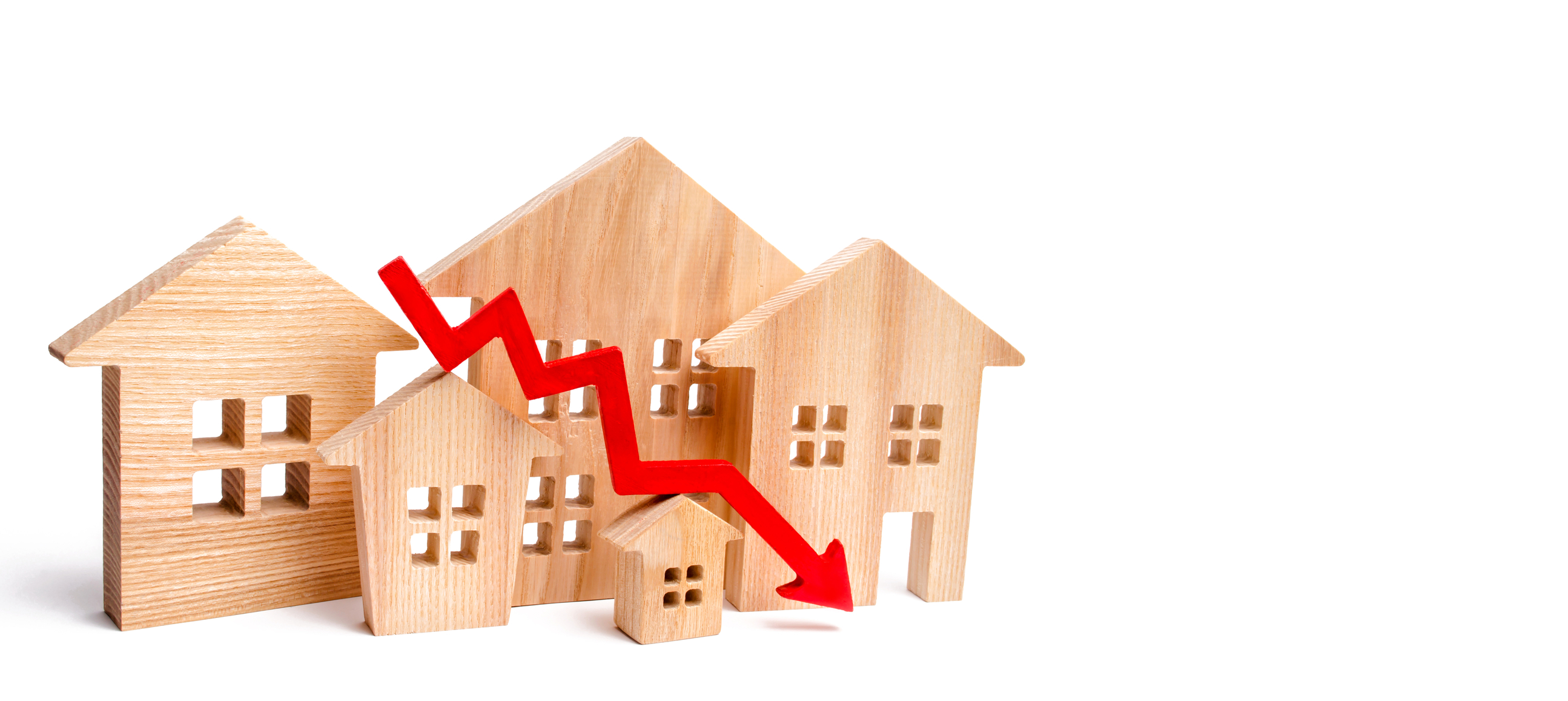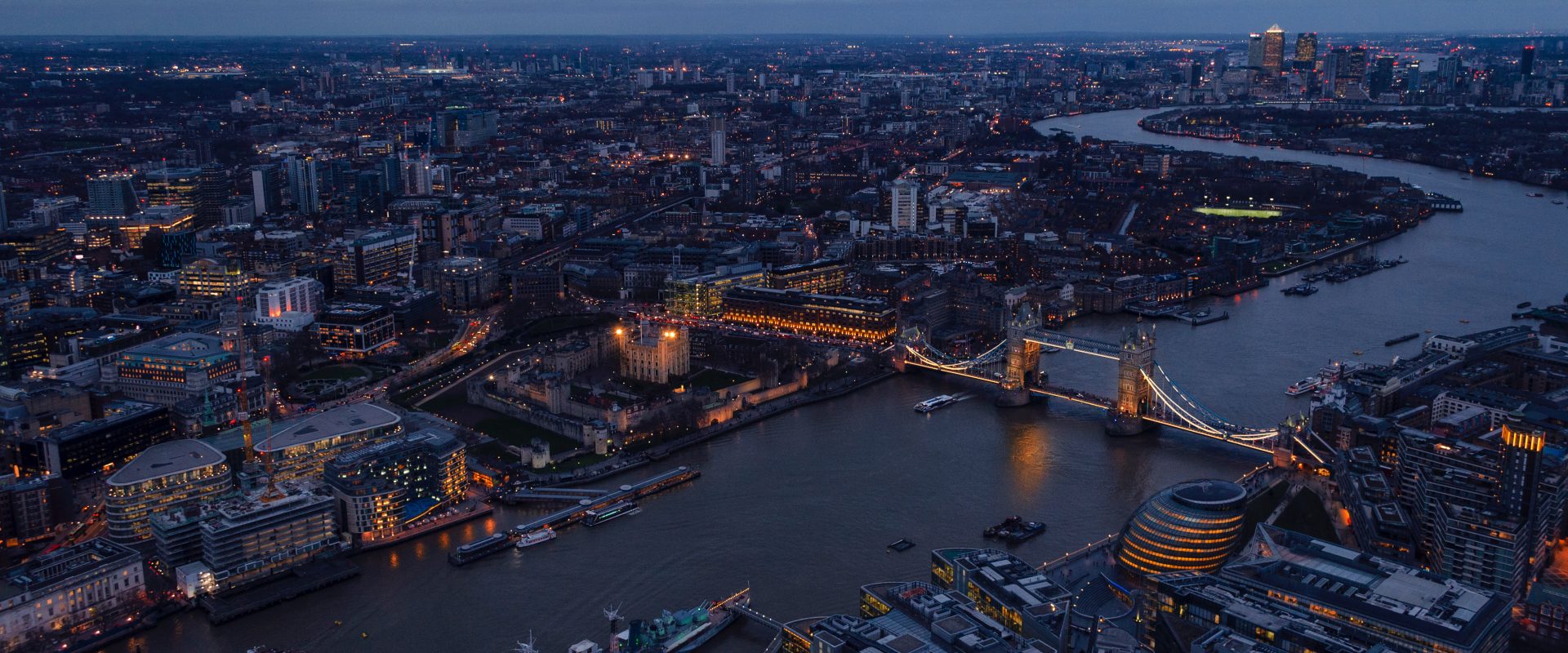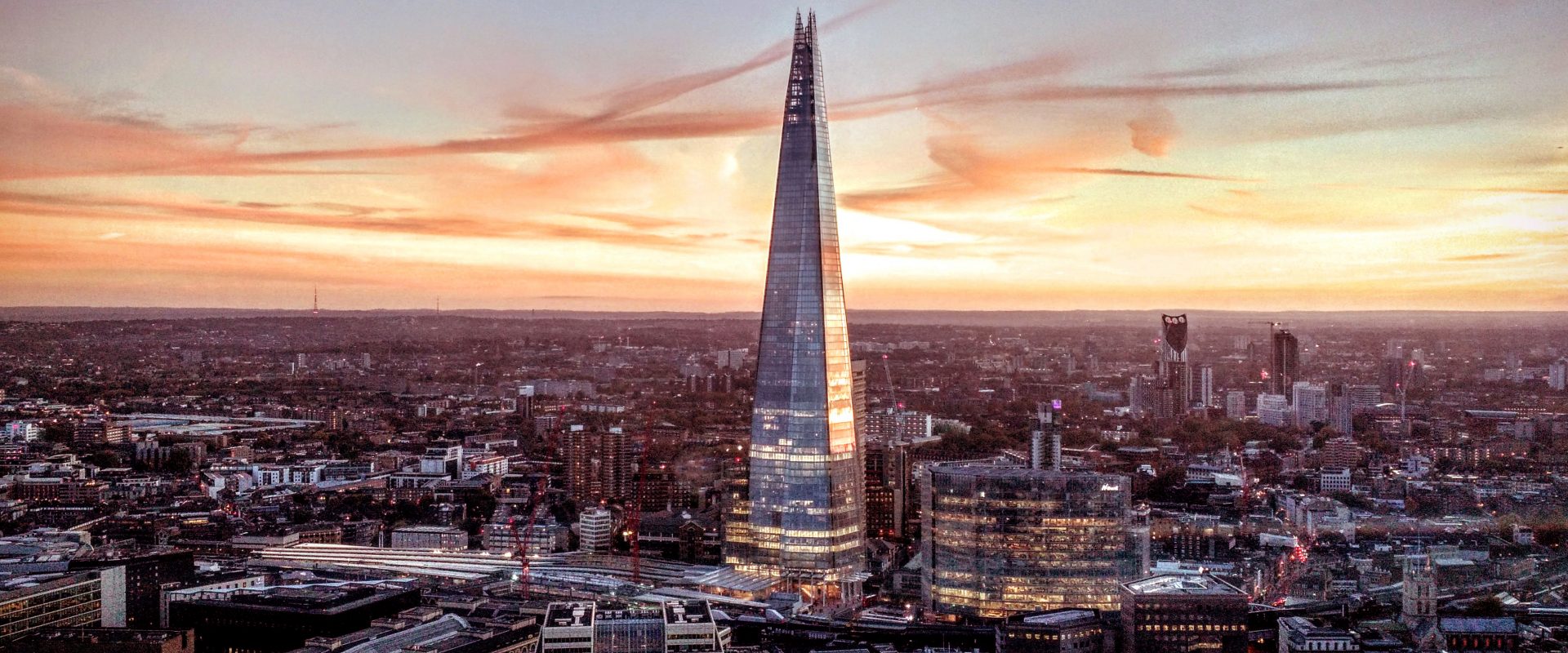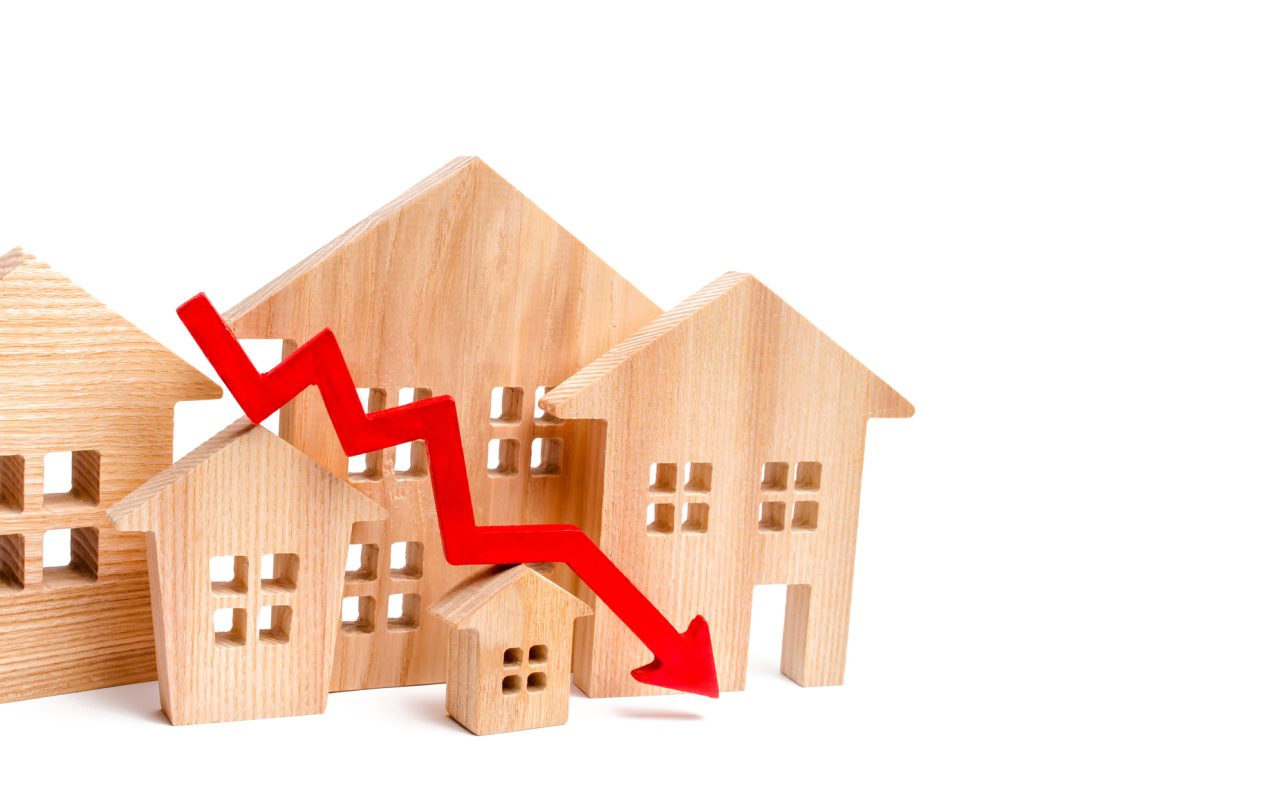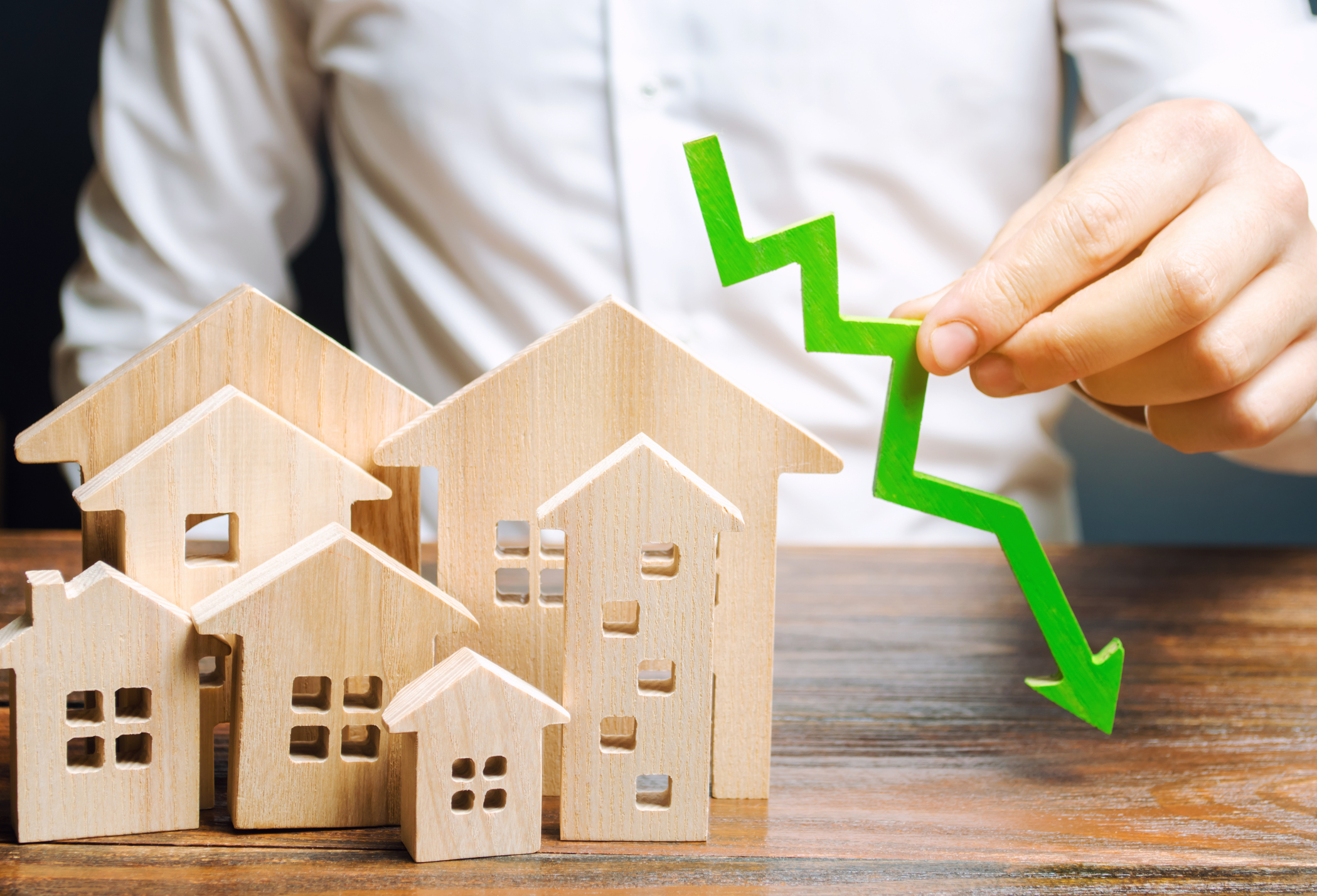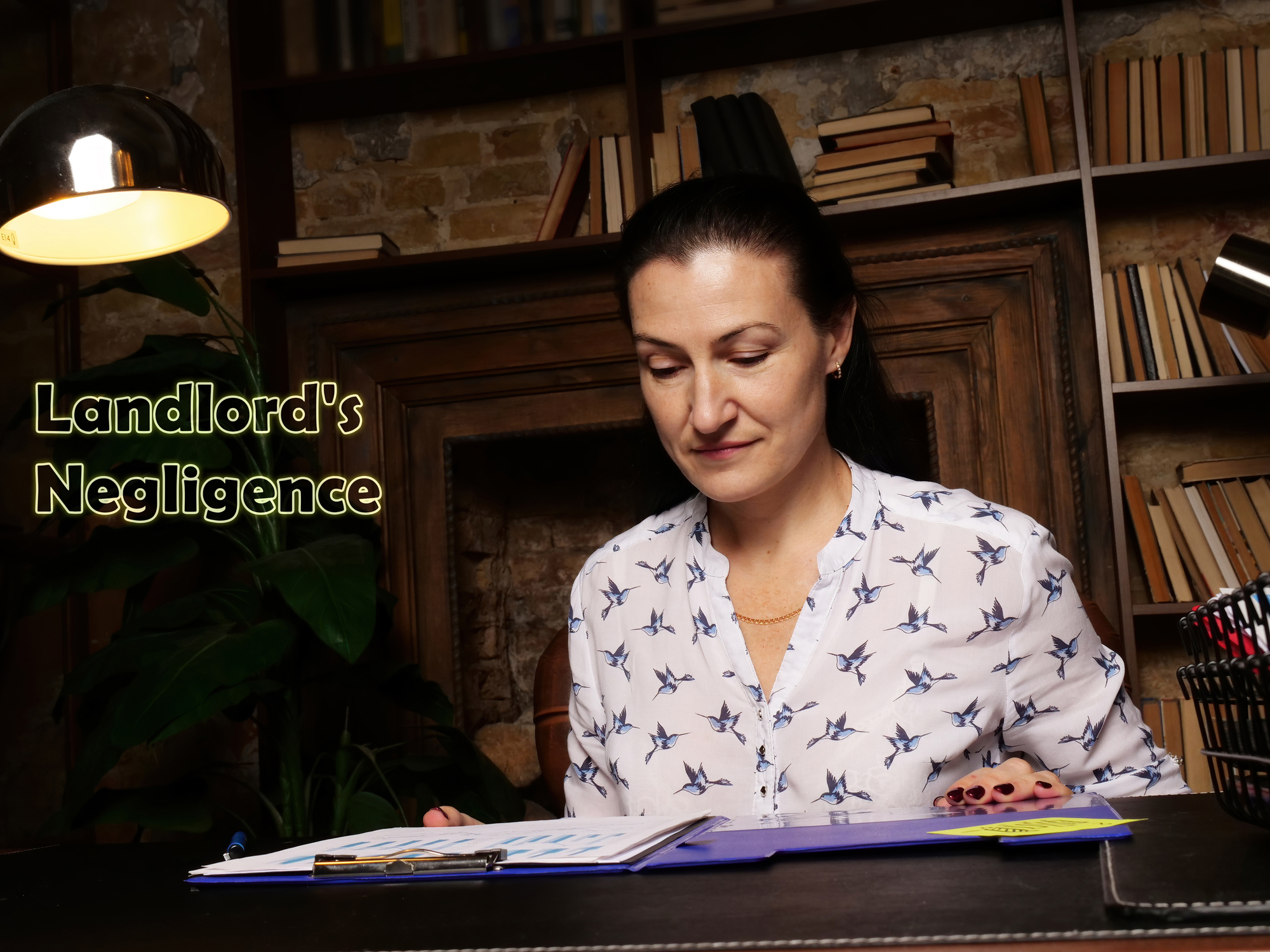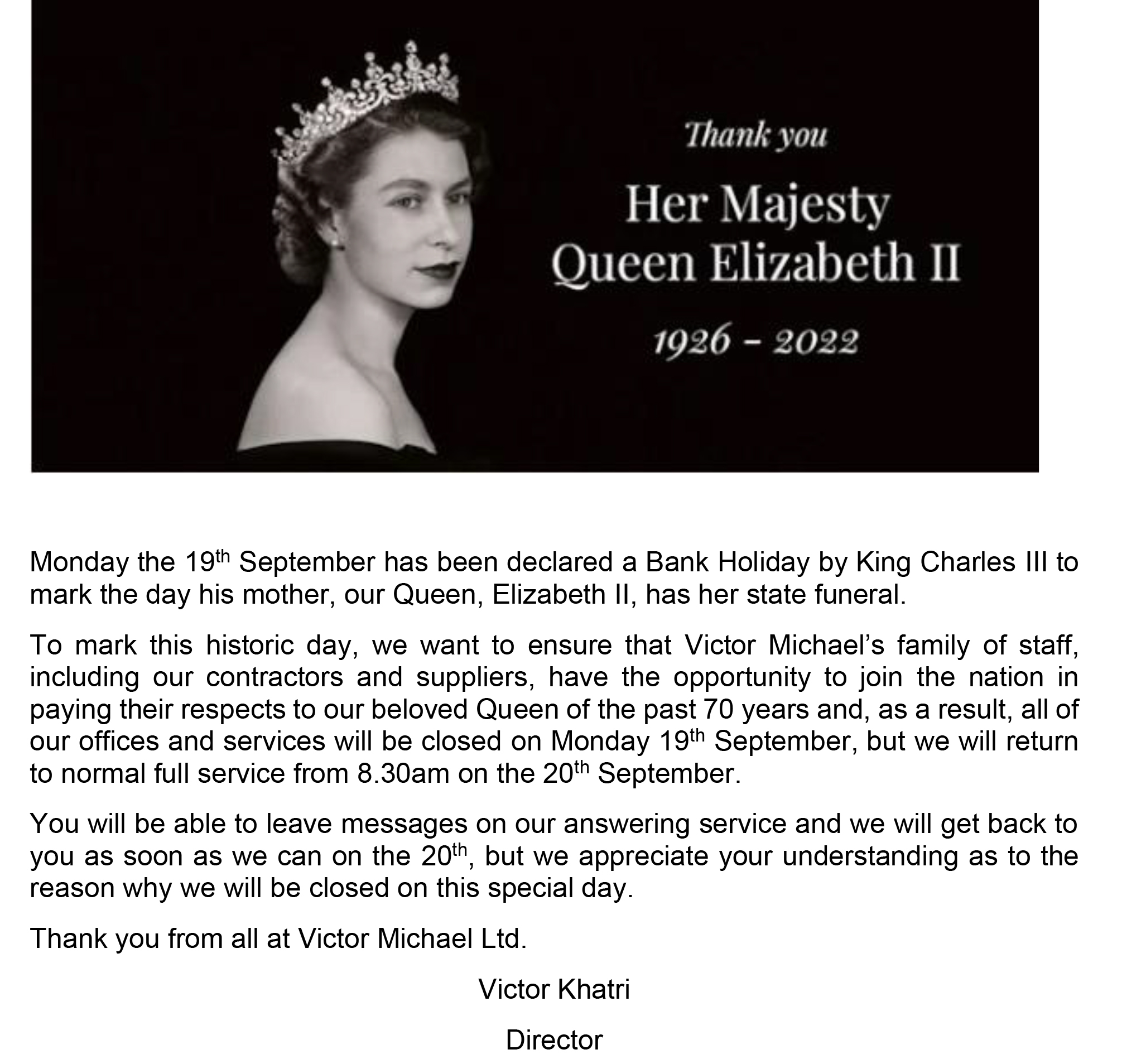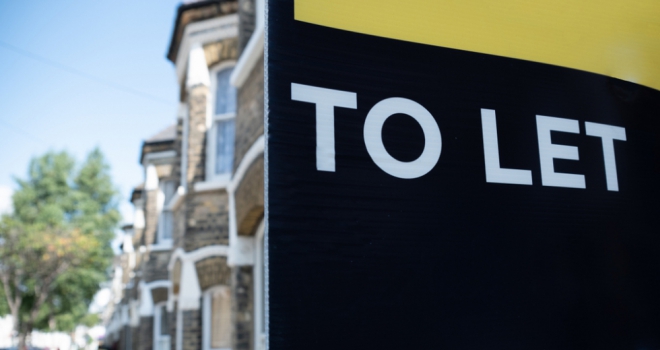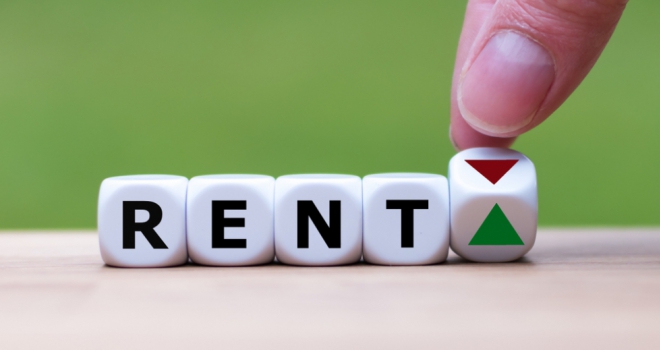House prices ground to a halt in October after more than two years of growth, with fresh signs that they could fall in the coming months, the latest surveyors report shows.
Across the UK, a net balance of 2% of property professionals reported house prices falling rather than rising, as increasing mortgage costs fuel greater caution among buyers, according to the latest RICS Residential Survey for October 2022.
Property professionals based in Scotland and Northern Ireland continue to report a relatively positive rise in property prices even but the pace has softened compared with a year ago.
By contrast, those in areas such as East Anglia and the South East of England were seeing prices fall – a trend that is likely to ripple out to other parts of the country.
Professionals across all parts of the UK are now, on balance, of the opinion that house prices will fall over the next 12 months.
New buyer inquiries dropped for the sixth consecutive month in October – and survey feedback on buyer demand was negative across the UK, the RICS report found.
It now takes 18 weeks on average to sell a residential property, up from 16 weeks typically a year ago.
But while the property sales market slows, rents are expected to continue rising, amid a widening supply-demand imbalance in the private rented sector.
Tenant demand continues to increase at a solid pace, with a net balance of 46% of survey participants noting a hike last month.
At the same time, landlord instructions fell. The mismatch is expected to place upward pressure on rents.
Surveyors predict that rents are likely to be around 4% higher in a year’s time, which is significantly below the existing inflation rate of 10.1%.
Simon Rubinsohn, RICS’ chief economist, said: “The latest feedback to the RICS survey provides further evidence of buyer caution in the face of the sharp rise in mortgage costs.
“As a result, the volume of activity is likely to slip back over the coming months and realistic pricing is now much more important to complete a sale.
“The settling down in financial markets could provide some relief although it may be premature to assume this will be reflected in a reduction in lending rates any time soon.
“However, the employment picture remains critical to the medium-term outlook and for the time being, that remains solid.
“As far as the lettings market is concerned, the imbalance between demand and supply still appears unusually extended, leading to rent expectations in the survey remaining at elevated levels and it is difficult to see this changing any time soon in the current environment.”
Responding to the report, Tom Bill, head of UK residential research at Knight Frank, described October as a bad month for the UK property market. However, he added that it has not necessarily set the tempo for what comes next.
He commented: “As the impact of the mini-Budget fades, mortgage rates will calm down before stabilising. The downwards pressure on prices will reduce to some degree as the economic and political backdrop becomes less disorientating.
“However, after growth of 25% during the pandemic, we believe it’s a reasonable assumption that house prices have now peaked. We don’t expect the sort of cliff-edge moment seen during the financial crisis, but we expect prices to fall back to the level they were at in summer 2021 as rates normalise after 13 years.”
Jeremy Leaf, north London estate agent, added: “Never was the saying – confidence takes a long time to build but can disappear almost immediately – so true for the property market.
“The mini-Budget frightened the life out of nearly all our buyers who are dependent on mortgages. Many have slowly emerged from hiding as rates stabilised and slowly began to fall.
“New buyer numbers have certainly dropped but we’re seeing no signs of a price collapse. On the other hand, some tough negotiations are underway between more realistic buyers and sellers with most existing sales hanging together – but some by a thread.”
Source: Property Industry Eye